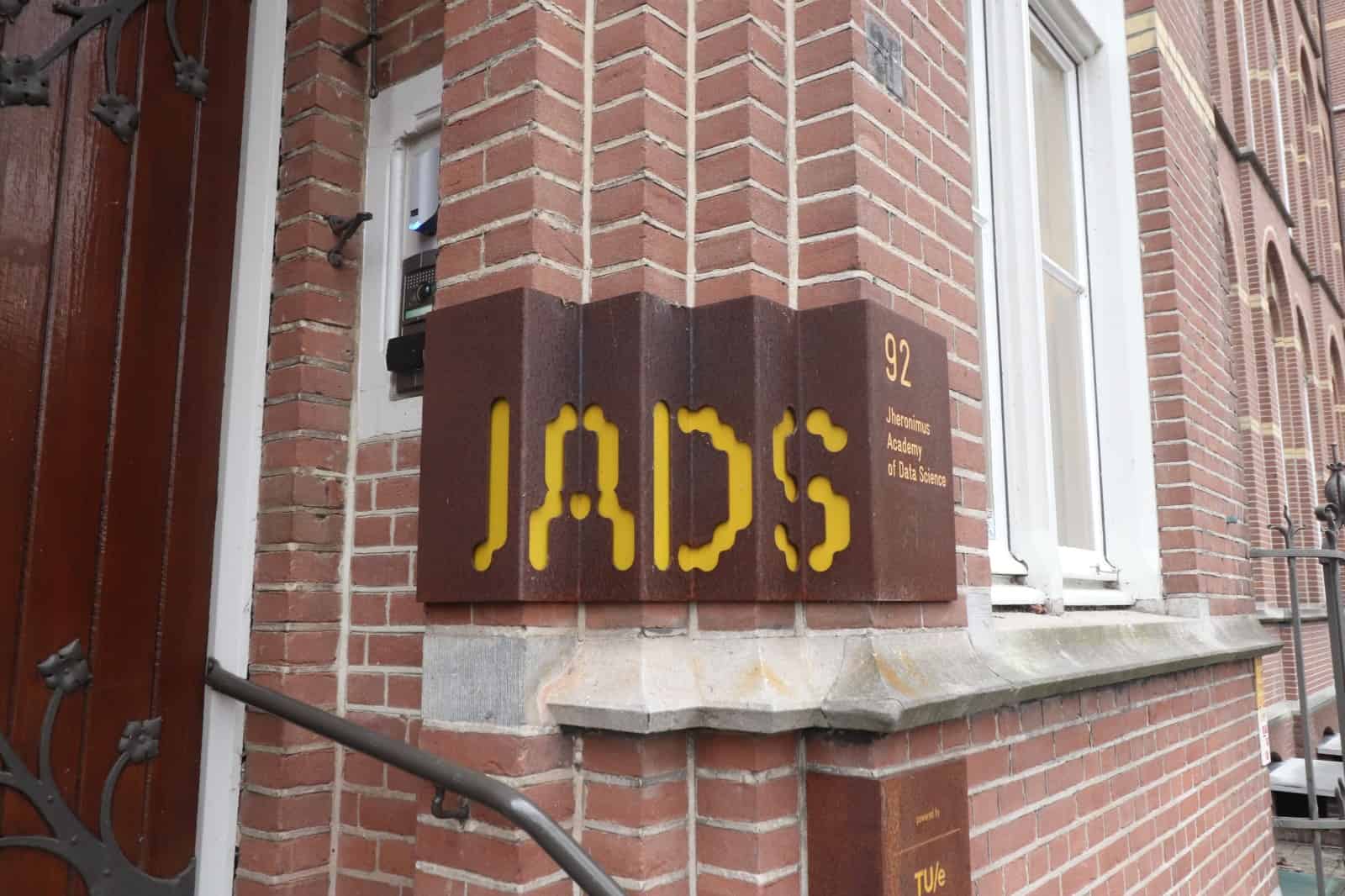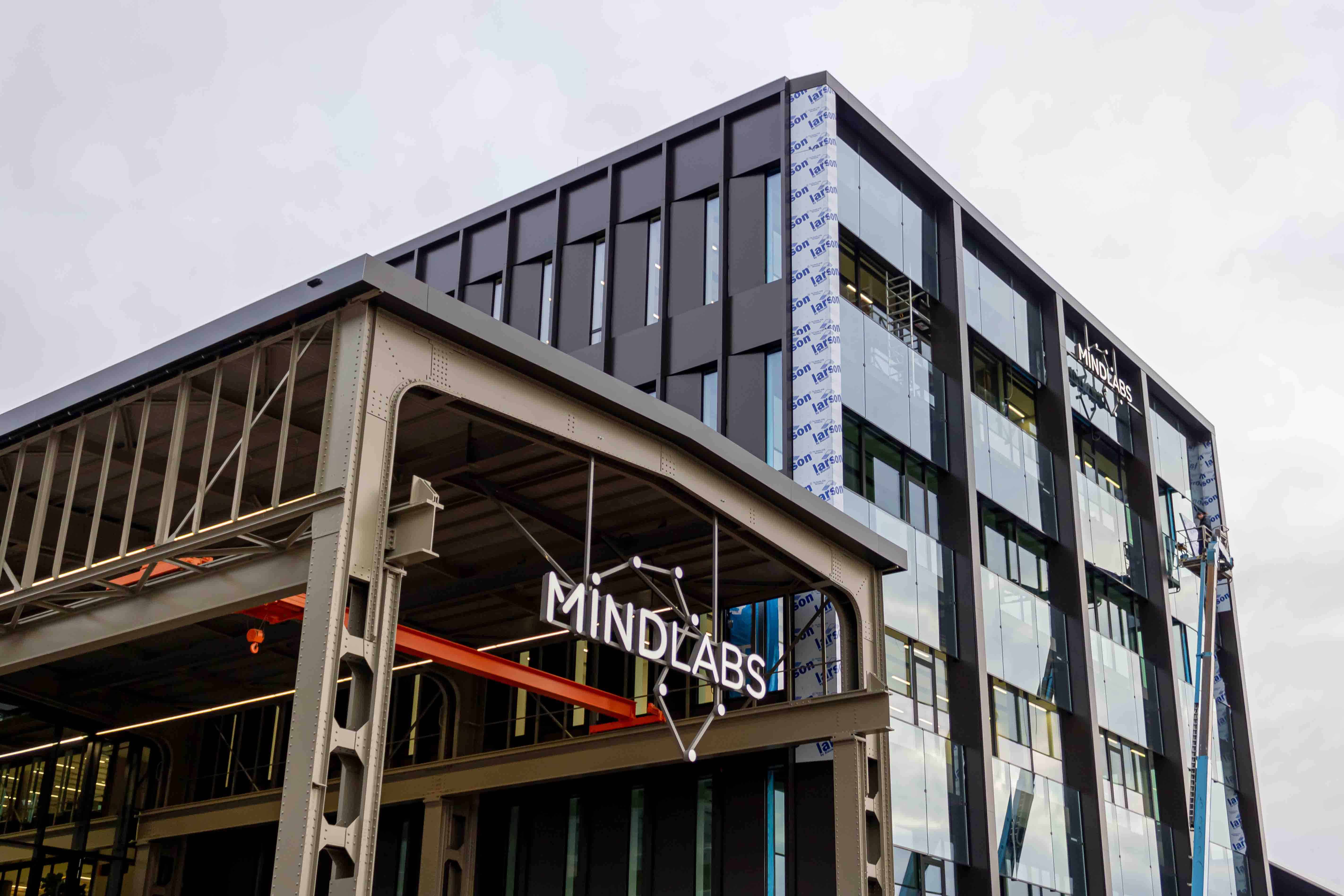
If you do not trust anyone in life, you will not have an easy life. If you want to work with others, you have to assume that others have good intentions. That is quite a challenge for a single person, but it is even more difficult when one country has to cooperate with another in order to solve problems. And who actually looks impartially at all countries, knows our histories, and understands the reasons why we react in a certain way, as a good mother would idealistically want? Probably not the EU or NATO. The question is whether we understand well enough how history shapes our thinking.
Take water as an example. Water is far more of a driving force than we realise. I wonder if there are groups of international water envoys who discuss the challenges facing the coastal countries of France, Belgium, the Netherlands, Denmark and the UK, such as rising sea levels and seabed losses, and shared offshore wind farms. We are used to thinking in terms of borders, but nature and water transcend borders. Those ecosystems in nature are kinds of biological systems that keep each other in balance.
Stakeholders
Innovative thinking and cooperation means thinking from the perspective of all stakeholders. Not from the perspective of the business goals of a single company, or a villager using a river, or a single country facing a water-related challenge. It is about jointly looking at what water is actually needed for. How water can be distributed in quantitative and qualitative terms so that everyone has enough, and so it can also be reused.
History plays a role in this way of thinking. However, the way we have thought about water in the past, and how we have let water currents define our borders, does not necessarily determine how we will deal with water in the future. The financial and socially-driven Sustainable Development Goals of the EU help us in this overarching way of thinking across national borders.
Cold War
Thinking in terms of borders, we tend to think of Ukraine and Russia. The past has a stranglehold on the present. For centuries, Russia’s rulers have had to grapple with the vastness of the country, which is at its most vulnerable on its borders (and not in its heart). Over the centuries, Russia has had to endure numerous invasions from other countries. The past explains today’s reactions.
I myself grew up in the 1970s, when the Cold War was the status quo. Air raid shelters with gas masks in the dunes near Noordwijk were considered normal, and the Valkenburg airfield was left out of regular maps, so that planning a bomb in that area was more difficult.
The Dutch newspaper NRC published last Saturday: “After the Cold War ended, the West no longer cared about Russia. We had ‘won’, and Russia was from then on a regional power that we could ignore.”
The commercialisation surrounding raw materials in recent decades has partly shaped the ‘cooperation’ between the former East and West. Rising gas prices are now hitting home and our wallets.

Sharing
You may ask yourself: ‘Have we really learned any lessons from our past historical events?’ As an optimist, I believe that we should not assume that countries or systems are unable to change. I believe that finding a balance in cooperation is definitely possible. But that does come at a price to our culture and upbringing. Sharing with others is one of the first things we teach our toddlers. But the trick is to do the same when we grow up, and when some of us rise to powerful positions. Wanting and being able to share without too much self-interest is often a luxury that only rich countries can afford. And do they do that too?
Let’s first see what we can do on the domestic front. In the Netherlands, we are pretty good at cooperating as far as water is concerned. The Netherlands is a living artefact for water-related solutions. We have examples of how we have dealt with water in the past (dykes, the habitable Delta region), and examples of how we want to deal with water in the future, for instance when it comes to the climate (climate adaptation). It would be wonderful to share these cross-over experiences around the world.
And if we, as countries, could jointly think about the relationship of water to agriculture, health, and about drinking water and water conservation, and about how we could live more comfortably together in cities that are becoming increasingly crowded and hot. The price for a cubic meter of water has not yet risen significantly, but that may well happen.
Special thanks go to the conversation we had with @Bianca Nijhoff and @Ron Thiemann on the topic of Water and the Netherlands.
About this column:
In a weekly column, alternately written by Eveline van Zeeland, Eugène Franken, PG Kroeger, Katleen Gabriels, Carina Weijma, Bernd Maier-Leppla, Willemijn Brouwer and Colinda de Beer, Innovation Origins tries to figure out what the future will look like. These columnists, sometimes joined by guest bloggers, are all working in their own way to find solutions to the problems of our time. So tomorrow will be good. Here are all the previous articles.







